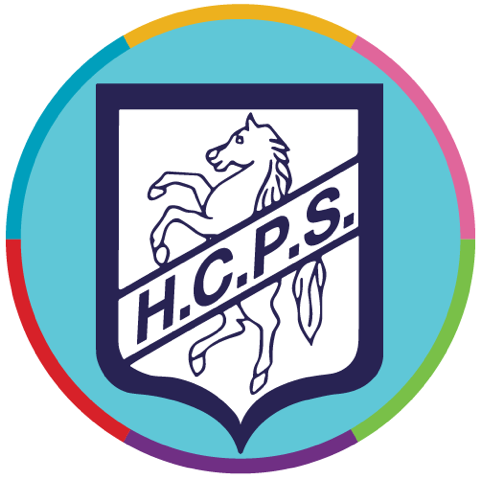Home | Year Groups | Bud Reception
Buds Reception
Home | Year Groups | Buds Reception
Buds Reception
Welcome to EYFS!
Welcome to Reception!
The Teacher in Buds is Mrs Carter.
In Reception, we follow the Foundation Stage Curriculum, working towards the Early Learning Goals. A carefully balanced timetable ensures that key skills are introduced whilst the environment is designed to foster independent learning. Children are free to explore new ideas and develop skills according to their own interests and motivations.
Children in the EYFS learn by playing and exploring, being active, and through creative and critical thinking which takes place both indoors and outdoors. There are seven areas used to plan the children’s learning and activities. The staff teach and support each child by making sure that the activities are suited to them. It is designed to be flexible so that staff can follow the child’s unique needs and interests.
The children learn skills, acquire new knowledge and demonstrate their understanding through seven areas of learning and development.
The three prime areas are:
- Communication and language
- Physical development
- Personal, social and emotional development.
In the new EYFS Framework these prime areas are considered the most essential for a child’s healthy development and future learning. As the children grow, the prime areas will help them to develop skills in four specific areas:
- Literacy
- Mathematics
- Understanding the world
- Expressive arts and design
Independent Learning Opportunities
Teachers set up the classrooms with a range of exciting and engaging activities that are practical and multi-sensory. Activities are linked to the half termly topic or the key text for the week. Children have a wide range of resources in the classrooms that they can access freely to support their independent learning. Activities are set up to provide children with opportunities to practise their speaking and listening skills and encourage them to practise reading and writing.
Throughout the year, the children will become familiar with school routines and appropriate learning behaviours. This prepares them for a successful transition into Year One.
Sir David Frederick Attenborough is our pioneer (born 8 May 1926) is an English broadcaster, biologist, natural historian and author. He is best known for writing and presenting, in conjunction with the BBC Natural History Unit, the nine natural history documentary series forming the Life collection, a comprehensive survey of animal and plant life on Earth.
Buds’ Curriculum

Long Term Plan Reception
Learning Links
The DFE accredited Little Wandle Letters and Sounds programme is the scheme that we use to teach phonics.
Children are taught as part of a whole class and assessment for learning identifies children who need extra phonics intervention to keep up and close the gaps. Independent Writing – children have access to writing resources so they become an integral part of their play. Writing resources are not only be stocked but changed and adapted responding to children’s interests and requests. Adults encourage writing with phrases such as “tell me about your writing”. Adults join in with play regularly, taking the opportunity to model skills within play scenarios such as modelling writing for a purpose in the role play area. Children love to copy adults and it will quickly come to an activity an adult is ‘playing’ with, copying what the adult has done. Support staff work closely alongside class teachers, observing children, leading focus groups and leading intervention groups.
Supporting your child with reading
Although your child will be taught to read at school, you can have a huge impact on their reading journey by continuing their practice at home.
There are two types of reading book that your child bring home: A reading practice book and a sharing book.
Reading practice book
This book has been carefully matched to your child’s current reading level. If your child is reading it with little help, please don’t worry that it’s too easy-your child needs to develop fluency and confidence in reading.
Listen to them read the book. Remember to give them lots of praise – celebrate their success! If they can’t read a word, read it to them. After they have finished, talk about the book together.
Sharing book
In order to encourage your child to become a lifelong reader, it is important that they learn to read for pleasure. The sharing book is a book they have chosen for you to enjoy together.
Please remember that you shouldn’t expect your child to read this alone. Read it to or with them. Discuss the pictures, enjoy the story, predict what might happen next, use different voices for the characters, explore the facts in a non-fiction book. The main thing is that you have fun!
Reading
Below you will find some links to further support reading at home.
Phonics
Below you will find some links to further support Phonics at home.
http://www.letters-and-sounds.com
EYFS Apps
https://www.bbc.co.uk/cbeebies/grownups/article-cbeebies-apps – free Cbeebies apps
Whiterose Maths Scheme
Below you will find some links to further support Maths at home. https://www.bbc.co.uk/games https://www.topmarks.co.uk https://home.oxfordowl.co.uk
EYFS Apps https://apps.apple.com/gb/app/meet-the-numberblocks/id1445555400 – free – numberblocks , can you count the numberblocks? https://apps.apple.com/gb/app/numberblocks-hide-and-seek/id1328950963 – Numberblocks adding the numberblocks
